My husband and I arrived at our friends’ house on a stormy spring evening; raindrops hung in the air as we stepped inside.
On our way to the kitchen, we passed a tumble of shoes and a full wall of children’s artwork hung up with push pins. Our friends immediately introduced us to their other guests — two other couples — and offered us drinks. I watched their new dog jump at the screen door, while we were drawn into conversation. Our friends asked questions about our stories and for our opinions on theirs. They refilled everyone’s drink. When I needed it, they showed me a bathroom with a burgundy plush rug and sweet vanilla hand soap.
At one point, the lights flickered. Then the power went out.
Our friend started digging in a cabinet for candles, lighting a mix of stubby white tapers and half-used votives. “The stove still works!” her husband declared, lighting the gas burner with a match and pan frying the pork steaks instead of putting them in the oven. With the salad mixed, everyone moved to a candlelit dining table where the conversation continued effortlessly. Our host shared the reason why he was a vegetarian (in college he’d thought it would attract girls), and my husband told stories from our time overseas. If either of our friends went to the kitchen for something, I barely noticed. Stories were told about the family business, home improvement fiascos, living on an 80 acre farm. I listened and laughed, astonished and how warm and welcome I felt.
The power must have come back on around 11 o’clock, suddenly showering us all in light and making us blink and smile. Honestly, I think we were all a little disappointed. Everyone lingered over coffee cups and empty dessert plates for a little while longer. In that moment, I never wanted to leave. The night was perfect.
We’ve since moved away and have mostly lost touch with these dear friends. I’ve often wondered what made that evening so special. Was it the food? The conversation? Did the candlelight drape the evening in something special? It could have been little bit of everything. But at the real heart of that magical night were my friends and their unique ability to make me feel so welcome in their home.
When you go to someone’s house and feel welcome, you see they’ve put effort into your visit. Not shiny floors or gleaming porcelain type of effort, but you can tell they’ve thought of your coming in advance. Maybe they prepare a dish you like, or they’ve kept a special story to share with you.
There is a sense of communion. They don’t stand at the stove while you eat, fussing over a complicated dessert. Instead, they pull out a tub of ice cream and grab the plastic spoons, and they join you where you’re at. They’re there with you, not off thinking of the bills they have to pay when you leave. They’re fully present.
And they listen. Oh, they listen. When you mention something about your job or maybe your family, they are curious. They ask questions. They want to know you better. You’ve come into their house, and you are worthy of their time and attention.
You know deep down inside that they’re genuinely happy you’re there, and that makes you feel good. You feel comfortable. While you’re there, you almost forget that it’s not your home too. In short, you become more yourself.
And so, this is what I want now — to be that welcoming presence and to feel more at home with myself.
To get there, I’m having to relearn some of the basics, those things which my friends did so effortlessly that night and most of which I knew how to do as a child. I now try to invite openly, and then embrace what’s happening in that moment, and make the best of it. I enjoy my own company and that of others. I’m curious, and ask more questions. I tell stories, and I listen deeply — to others and to myself. And then I pay attention to what I really want. I know I’m worthy of my time and attention.
This is what I’d like — for me and for you too — to be welcome in our own selves.
This is my journey now. If you’d like to come along with me, you’d be most welcome.

